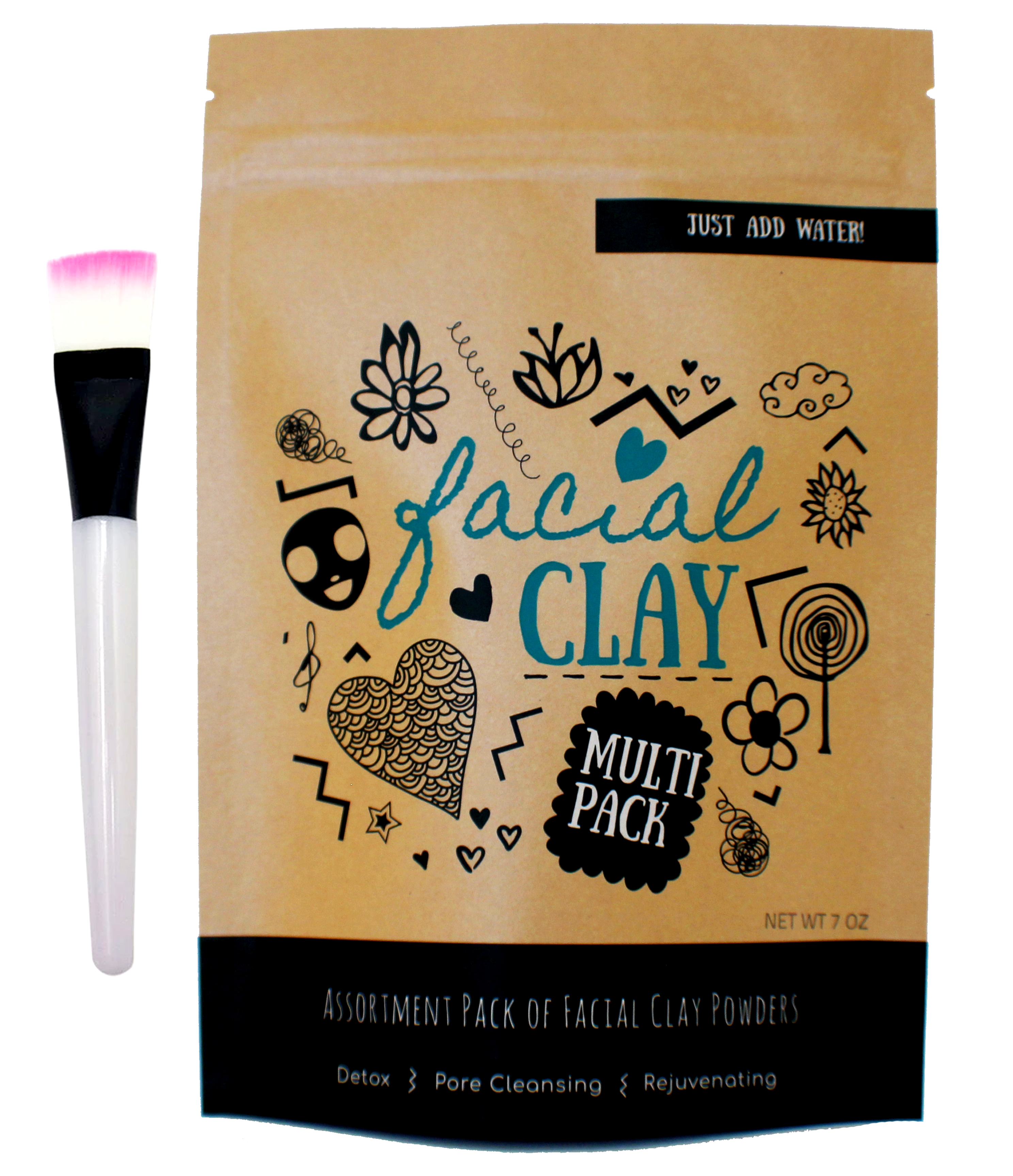
Editor Tatsha Robertson (right)
The only black senior editor People magazine has ever had in its history has been let go. Tatsha Robertson, 48, had finally broke the glass ceiling at the venerable publication only to be laid off in May. Now, Robertson has filed a lawsuit stating she was discriminated against by the higher ups and her tenure was fought with racial tension.
Tatsha Robertson goes on to claim in her suit
“People is a discriminatory organization run entirely by white people who intentionally focus the magazine on stories involving white people and white celebrities.”
She cites as evidence the fact that only five of the publication’s 110 employees were black, and she was treated as a “second-class citizen” by Executive Editor Betsy Gleick from the moment she came to People from another Time publication, Essence, in 2010.
One of the most egregious and offensive examples of Robertson’s treatment stems from this statement Robertson says Gleick made to her: “You need to talk like everyone else here. You’re not at Essence anymore,”
If true, nothing could encapsulate how car corporate culture needs to progress not to mention the validity of the suit itself. In addition to the outrageous comments, Tatsha also says she was left out of key management meetings and her ideas about reporting on black celebrities were shot down by Gleick.
Robertson said when she pitched a story about an African-American model who’d been killed, Gleick told her the victim looked like a “slut” and the magazine wasn’t interested. Gleick allegedly turned down the ideas for the stories because they were aiming at “white, middle-class suburbia.”
It is also worth noting only since 2010, only 14 out of 265 covers have been focused on African-American individuals.
In yet another instance of overt racism at the magazine, the lawsuit states that when People put Trayvon Martin on its cover, her boss was “completely obsessed with attempting to unearth any potential negative fact about him before doing so…Ms. Gleick repeatedly questioned whether he was a ‘good kid,’ yet never made efforts to vet white victims of crime.”
That kind of behavior was the final straw for People. Obviously, Ms. Gleick had some real problems. Realizing this, the magazine wised up and fired Gleick soon after letting Robertson go.
For the time being People is declining to comment further on the situation. Given the fact the Gleick was fired quickly and the lack of public comments, we can be fairly certain a sizable settlement is on the way for Tatsha Robertson.

